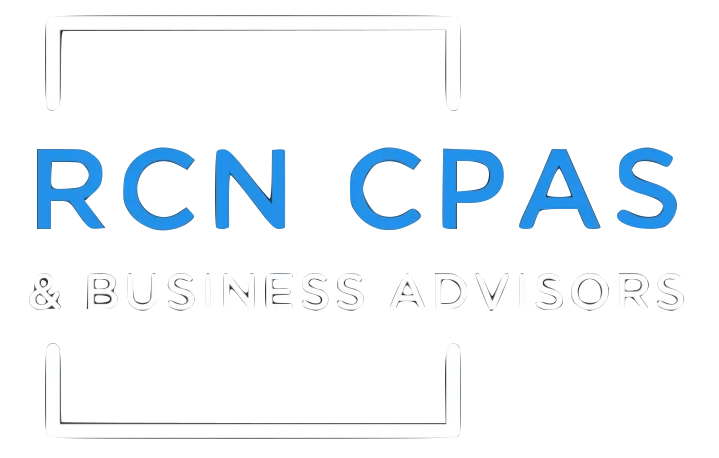Five Common Financial Mistakes That Will Affect Your Bottom Line

“The sad thing is many people learn how to manage money after they’ve made a lot of financial mistakes, some that take decades to fix.” Michelle Singletary
Small business owners are often excellent at multi-tasking. At least, they try to be. Often, the owner plays the part of the administrator, marketer, business developer, and accountant to control costs. This may work at the onset of the business, but with an increase in clients and revenues, becomes impossible to maintain. At this time, financial mistakes are made, some of which can harm the bottom line including: –
1. Inadequate tracking of expenses
Tracking income is exciting for small business owners as income indicates growth. Tracking expenses, on the other hand, is not as enjoyable. You must track all expenses, no matter how small, on a spreadsheet. Divide the expenses into categories and take 20 minutes to update the spreadsheet at the end of each day. Doing this every day avoids a pile-up of receipts and vouchers that make expense tracking seem overwhelming.
2. Losing track of your receipts
The best way to keep track of your expenses is by filing your receipts. During the auditing process, your original receipt or bill may be required. To ensure there are no discrepancies, the receipts should be attached to copies of relevant documents when filed. A tech solution through an app can make it easier for you to scan and save receipts and invoices.
3. Combining personal and business expenses
The lines between personal and business expenses can become blurry for small business owners, mainly if operations are happening from one account. Separate your accounts for ease of reconciliation. Furthermore, this should also cut down total account operation expenses.
4. Making Tax Registration and Filing Mistakes
There is an extensive range of errors that fall within this issue, though two stand out. The first is failing to register for sales tax when your total revenue exceeds $30,000. Working with a professional will help you determine which of your products or services are exempt and what must be registered. Also, any earned funds as income need to be declared on the business income tax return.
5. Missing Tax and Payment deadlines.
The first fine you receive is typically a wake-up call. Failure to pay your taxes and you risk penalties and fines. Take note of the period when you need to file, and pay your tax returns. Avoid anything that will lead to high-interest costs or fines.
As a small business owner, ensure you take every step necessary to attain success. Often, business owners make losses due to minor and avoidable mistakes. You may not be ready to hire a full-time accountant or bookkeeper for financial management. However, you can take on virtual accounting and business advisory services as a cost-effective solution. This way, you stop focusing on your mistakes and start planning how to make the most of your opportunities.






